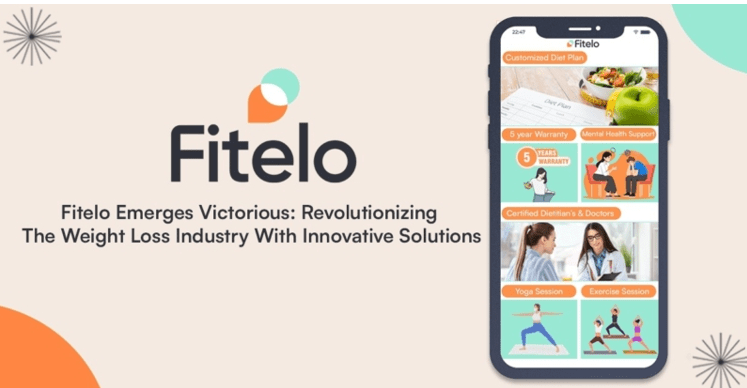Food isn’t just food anymore. It’s calories, nutrients, moods, and even social media posts. Somewhere between counting macros and trying that viral smoothie recipe, most of us realise that eating right is harder than it looks. That’s where a diet app slips in, almost like a quiet companion, helping people sort through the noise.

- Why people turn to apps for guidance
We live fast. Office lunches, late-night snacks, weekend brunches, it adds up. Writing it all down on paper? Nobody does that anymore. A diet coach inside an app, though? That feels doable. You log meals, set reminders, and get nudges when you’re about to fall off track. The difference isn’t just convenience. It’s accountability. Someone to tell you: Maybe swap fries for fruit this time.
- What makes a good diet plan app
Not all apps are the same. Some track calories, some push meal plans, and others connect you with real coaches. But the best diet plan app doesn’t just count, it teaches. It shows patterns: how late dinners affect your sleep, or how skipping breakfast makes you crave sugar later. Good ones also adjust with you. Training for a marathon? Pregnant? Traveling? They shift the plan instead of locking you into a rigid box.
- Personalization matters
A big reason people download a diet app is that they want something built around them. A 20-year-old gym enthusiast doesn’t eat the same way a 45-year-old working parent does. And honestly, no one likes cookie-cutter solutions anymore.
Personalised insight, whether through AI or through a real diet coach linked to the app, makes the process feel less like punishment and more like learning your own body.
- Why structured diet plans help
Most of us know the basics. Eat veggies, drink water, cut sugar. But knowing and doing are different worlds. A structured diet plan takes away the guesswork. Instead of staring at the fridge at 10 p.m., you already have a guide.
And following a plan, even loosely, builds momentum. One good choice leads to another. Small wins stack up. Over time, health feels less like a chore and more like a lifestyle.
- Beyond weight loss
Here’s the shift happening now: diet apps aren’t just about losing weight anymore. They’re about energy, mood, better skin, and improved sleep. Someone might open a diet planner to slim down, but stay because it helps with focus during work, or keeps energy levels stable during a long day.
Food is connected to everything. Once you notice that link, it’s hard to go back.
- Why is this space growing
Health is personal. And apps let people manage it privately, at their own pace. No judgment, no awkward clinic visits. Plus, with tech improving, wearables, fitness trackers, and AI-driven suggestions, the loop between food and feedback is tighter than ever. People want control. And a diet app puts control in their pocket.
Final thought:
Eating well doesn’t need to be about strict rules or impossible targets. With the right diet coach, a flexible diet plan, and a supportive diet plan app, small adjustments slowly become big lifestyle shifts. And maybe that’s the real win, when food stops being stressful and starts feeling like fuel again.